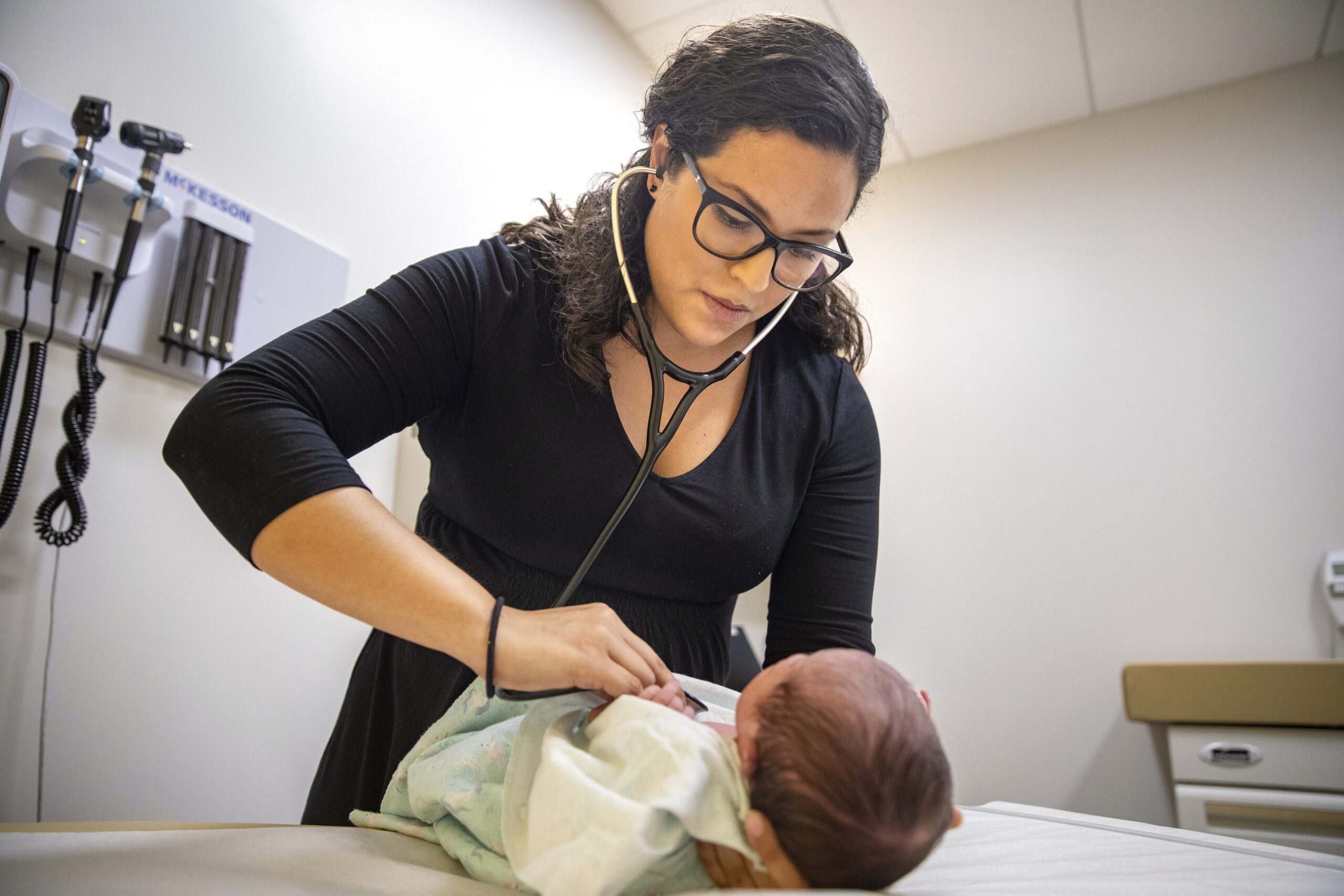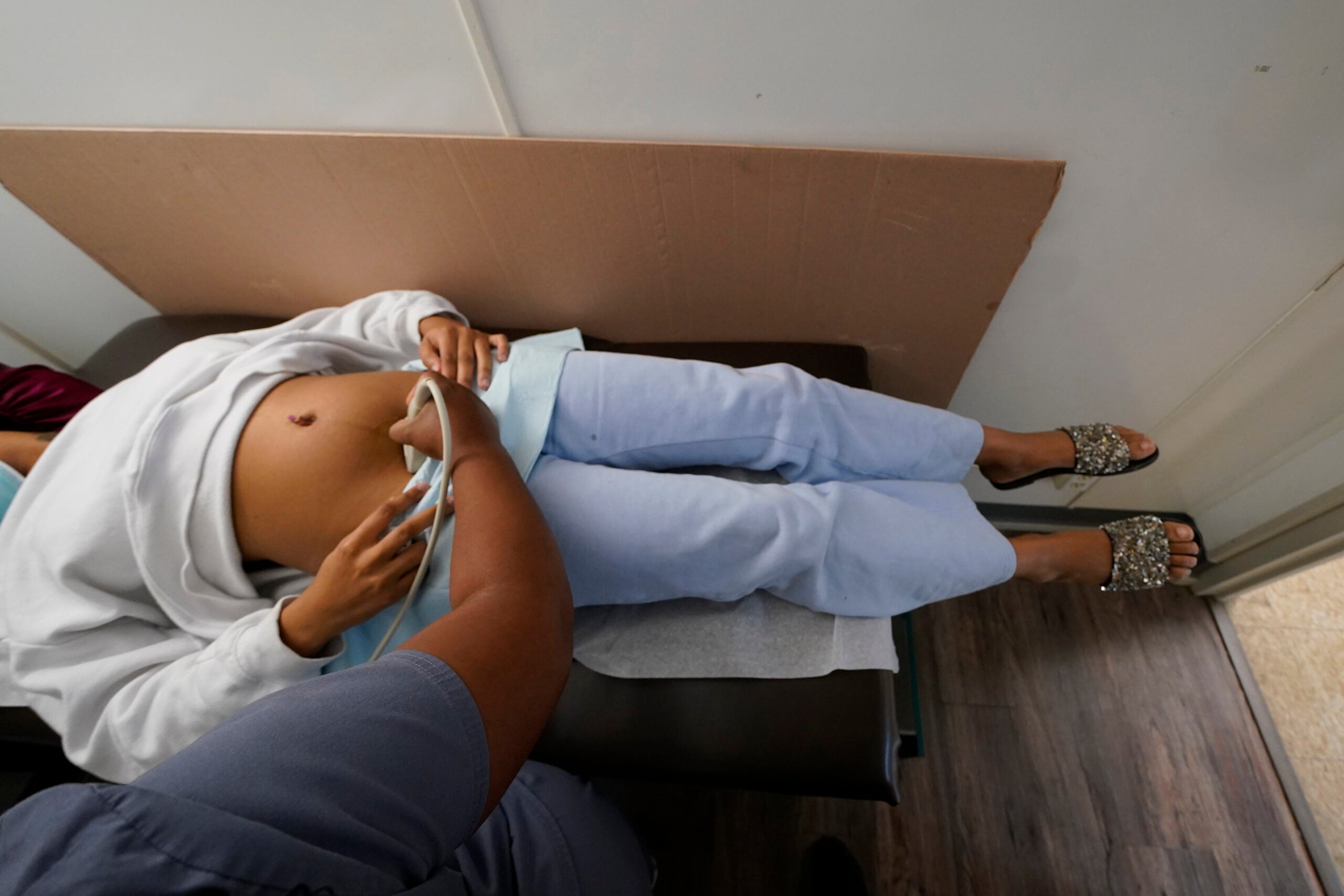A task force convened by the governor is advancing wide-ranging proposals for making health outcomes more equitable in Wisconsin.
The report, released Monday by the Governor’s Council on Health Equity, highlights how measures ranging from preterm birth rates to life expectancy vary depending on race, income level and geographic area.
It also advances 20 recommendations for closing those gaps, proposals that the Council’s Vice Chair Michelle Robinson says are intended to be comprehensive.
News with a little more humanity
WPR’s “Wisconsin Today” newsletter keeps you connected to the state you love without feeling overwhelmed. No paywall. No agenda. No corporate filter.
“We’re often also talking about literally stolen hours, stolen years, stolen moments, as people are dying prematurely due to oftentimes what is preventable,” said Robinson, who directs the Office of Health Equity within Wisconsin’s Health Department. “The Council selected and wanted to really focus on putting forth a set of proposals that wouldn’t just address the immediate consequences of health impairments, but rather to move upstream and really try to get at those root causes.”
Within the report are a host of economic policy proposals, which the task force says could counter economic inequalities and ultimately improve health. That includes raising Wisconsin’s hourly minimum wage to $10.15 within three years, while creating another task force that would look at eventually raising that pay floor to $15 an hour. Wisconsin’s minimum wage for most adult workers is $7.25 an hour, the same as the federal minimum.
The report also suggests changes to Wisconsin’s Medicaid program, such as making it easier to get reimbursed for children’s dental work. And it recommends extending post-partum coverage to year after birth.
“Pregnancy and childbirth are huge systemic shockers to the body, and that recovery from pregnancy is not something that just occurs,” Robinson said. “That period of postpartum is a hugely important for people who have children, because there is a need for specific types of care… that ensures that the woman or the person who is experiencing the pregnancy is healing properly, that they are also managing and monitoring signs of things like eclampsia, and other kinds of complications.”
Democratic Gov. Tony Evers, who created the task force via executive order in 2019, will soon present his next budget proposal. A spokesperson for the governor did not immediately respond to a question about which task force recommendations the governor supports.
Many of the report’s proposals would need approval by Wisconsin’s Republican-controlled Legislature. That includes a recommendation to create a state-funded program that would give family planning services to people who don’t currently qualify because of their immigration status.
Wisconsin Public Radio, © Copyright 2026, Board of Regents of the University of Wisconsin System and Wisconsin Educational Communications Board.



